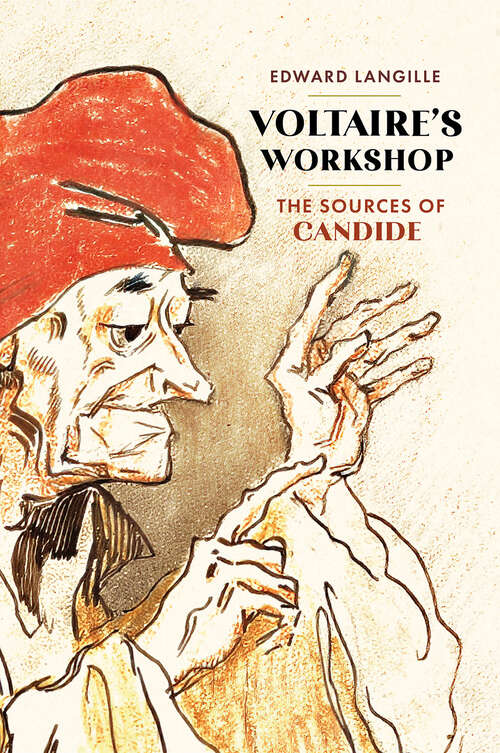
Voltaire’s Workshop: The Sources of "Candide"
Criticism
Synthetic audio, Automated braille
Summary
Candide is the best-known, most singular expression of Voltaire’s thought, standing out not only within the author’s tremendous output but also within the thousand-year tradition of French literature. It is studied in every major language and its phrases are a… part of everyday speech, in English and in French. Yet Voltaire didn’t keep any records about how and when he composed Candide or any hints to its underlying meaning.Beyond popular acclaim, Candide’s status is cemented by the work of critics concerned with the circumstances of its composition. Their research has led to a wealth of secondary literature but surprisingly few conclusions. In Voltaire’s Workshop Edward Langille argues that the 1750 French translation of Henry Fielding’s Tom Jones by Pierre-Antoine de La Place was Candide’s most important source. Langille uncovers a range of similarities – of vocabulary and phrasing, overarching narrative structures, and composition of characters – and pertinent commentary in other works by Voltaire. Through the La Place translation, he argues, Fielding furnished Voltaire with a plot, a framework, and a set of characters that he could rewrite into a text that struck contemporary readers as entirely original.Voltaire’s Workshop addresses one of literature’s greatest mysteries, raising larger questions about how Voltaire worked and wrote fiction and, more broadly, about textual filiations in the eighteenth century.